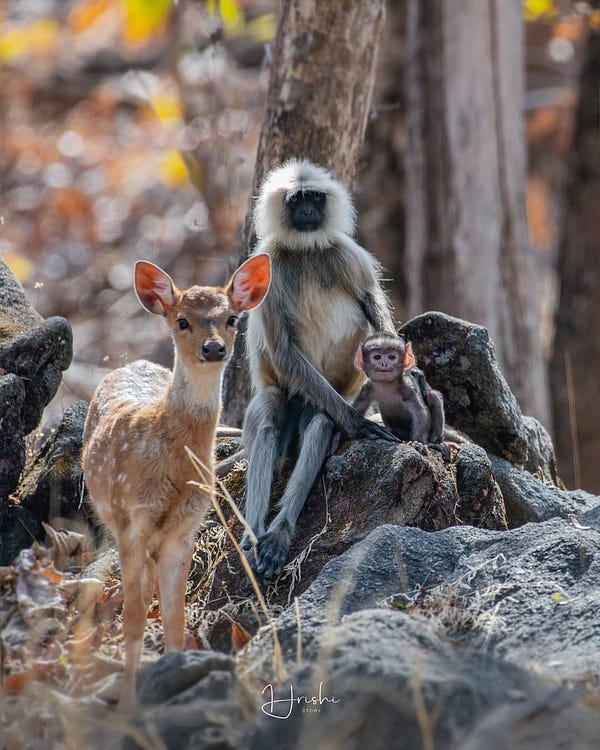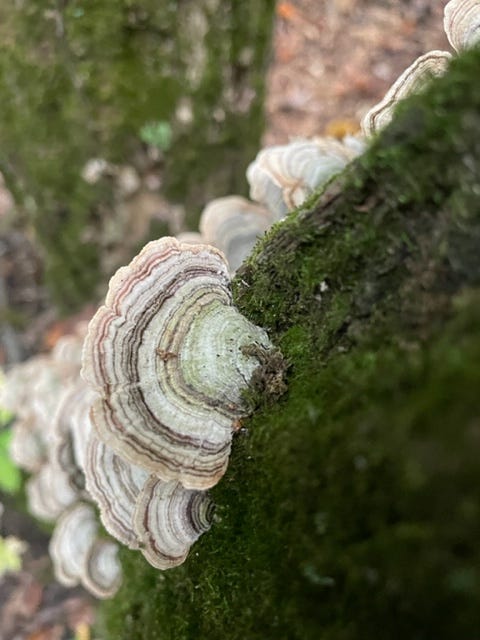I probably shouldn’t be writing at all today — I have about a zillion things on my to-do list before getting on the road to Atlanta on Wednesday — but I can’t help but mention that I’ve been thinking lately about a man I met a few years ago, Ed Beetar, a survivor of the war in Syria. Ed stayed behind to look after his family’s apartment and their things: one sister’s art supplies, another sister’s piano. Eventually, though, when the conflict got bad, he banded together with another resident, stuffed his angry cat in a basket, and the three of them made a run for it.
I heard his story told at one of those Moth-like true-stories-told-live events — in DC, it’s called Story District — and I know his story pretty well because I heard him rehearse it and rehearse it and rehearse it because I was in the same Story District, talking about the first and last time I shot a gun.* Maybe sometime or another I’ll tell the gun story here.
I’ve been thinking about Ed’s story in light of the events in Ukraine, how much banding together we’re seeing there, how much toughness through pooling resources. What Ed went through when he started sharing information and resources with his neighbor reminds me of Ukraine, and it also reminds me a little of what I’ve been learning about the wood wide web in that book I’ve been reading, Underland.
I had to read that phrase a few times before it really sank in: the wood wide web.
The idea is that fungi “stealthily connects the organisms underground, creating a communication network that helps organisms interact with one another.” The fungi deliver nutrients between species — this is why, instead of benefiting when “competing” trees of another species are removed, trees can fail to thrive when their natural companions in a given ecosystem are “weeded.” Fungi also deliver chemical signals, allowing organisms to “talk” amongst the network. When you walk in a forest, you see individual plants, individual species; but underground, their survival depends on inter-species connections.
Underground warns against easy anthropomorphisms, and particularly against slotting this form of mutualism into an economic theory argument. For one thing, the science is very new, and there’s a lot still to be discovered.
Still, it’s hard not to think of other ways in which mutualism between humans (which isn’t actually mutualism since it’s not between species but bear with me here) — a kind of exchange of resources — can make us stronger, particularly in emergency situations such as those in Syria and Ukraine.


Something to contemplate, at any rate.
Thanks to Jennifer Manning for sending in this story of magpies working to remove each others’ tracking devices — it wasn’t the behavior the scientists were looking to study, but discovering altruism in birds instead is a pretty remarkable.
* Incidentally, I’m a little self-conscious posting about the bit about the Story District. I’ve actually never gone back to re-watch my story.
I’m generally not a big one for clothes, so when they said to wear something nice to tell your story, something you might wear on a first date or to the office, I picked my favorite fluffy white sweater (I’m a sucker for texture) and some nice slacks. When I arrived, feeling nervous of course but also excited, another story teller with actual theater experience took one look at me and said, “in the theater, we have a rule: if you don’t know what to wear, wear all black.” He turned on his heel and strode away. He was, of course, wearing all black.
Great idea, but he could have mentioned it during dress rehearsal.
Of course, I didn’t have a change of clothes. I’d have to wear what I had on. And of course he was right: while a white sweater might look OK in an office or a restaurant, when you’re on a stage with a black background and a spotlight, a praying mantis would look like a marshmallow. And I’m no praying mantis.
Anyway, I did fine. I think. I have no memory of telling my story. I didn’t fall off the stage, I’m pretty sure. It was fine. But anyway, that’s why — or part of why — I’m a little self-conscious about doing the Story District event. Which is guess is a long-winded way of saying, don’t go looking for my story, or if you do, don’t tell me about it.






I also enjoyed Underland,if fact anything by Robert McFarlane is very good. Through it I discovered Merlin Sheldrake and his book "Entangled Life".
Lovely. My next read will be Finding the Mother Tree by Suzanne Simard, who discovered that trees "communicate" this way. The magpie study is fascinating! Corvids are so smart. And I'm sorry you think you may have looked like a marshmallow. I'm sure your words are what held everyone's attention.